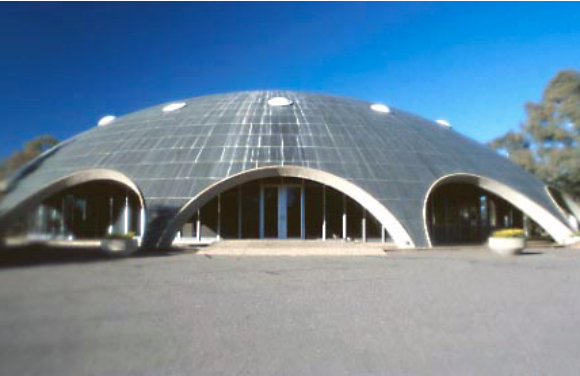University of Melbourne congratulates new Australian Academy of Science Fellows

Three University of Melbourne scientists have been elected as Fellows of the Australian Academy of Science, a rare honour, for their outstanding contributions to science.
Associate Professor Jane Elith, Professor David Gardner and Professor Melissa Little were elected to the Academy by their peers, recognising the significance of their research to their respective fields.
New Fellows will be formally inducted into the Academy this evening at the Shine Dome in Canberra.
University of Melbourne Deputy Vice-Chancellor (Research) Jim McCluskey said that the election of the new Fellows reflected the world-class expertise within the University.
"Congratulations to the recipients on this achievement," Professor McCluskey said.
"Election to the Australian Academy of Science represents the hard work, dedication and international reach of your research.
“The University of Melbourne would also like to congratulate former Chief Scientist, Professor Ian Chubb for his election as a Fellow and for his outstanding work in raising the profile of science in the community, and promoting the importance of science for Australia’s prosperity.”
Based in the School of Biosciences, Jane Elith is an internationally acclaimed ecologist, specialising in species distribution models.
This work is key to many aspects of species management, including understanding current distributions of threatened species, predicting how distributions might change over time, supporting threat management and controlling invasive species.
Associate Professor Elith is a Thomson Reuters highly cited researcher (2014-2016) placing her in the top one per cent of scholars internationally. She was awarded the 2015 Prime Minister’s Prize for Life Scientist of the Year and the 2016 Fenner Medal from the Australian Academy of Science.
“It’s a great honour to be elected to the Academy, and to be given the opportunity to contribute to the profile and substance of Australia’s science into the future,” Associate Professor Elith said.
Professor David Gardner is also based in the School of Biosciences and is a world-leading embryologist. His basic animal research laid the foundation for major clinical developments in human IVF.
Professor Gardner's research has not only significantly improved animal assisted reproduction and breeding programs, but has transformed how human in vitro fertilisation is performed, resulting in significant increases in human pregnancy rates and the birth of millions of children worldwide.
His work facilitated the now widely-accepted single embryo transfer and thereby eliminated problems associated with twin and triplet pregnancies. His specialised and improved culture media made it possible to isolate human embryonic stem cells.
“Being elected into the Academy is a tremendous honour, and incredibly humbling," Professor Gardner said.
"As well as national recognition of my team’s work over the past three decades, being a Fellow provides me a platform to promote science in all its wonders to future generations, and to explain to the wider community the inherent benefits research offers everyone in society. We truly can help build our futures on well invested research."
Based at the University of Melbourne Faculty of Medicine, Dentistry and Health Sciences and the Murdoch Children's Research Institute, Melissa Little President of the Australian Society of Stem Cell Research.
Professor Little is internationally recognised for her research on kidney development and her pioneering studies into renal regeneration. Her work, featured on the front covers of Nature and Nature Cell Biology, describes the generation of kidney organoids from human pluripotent stem cells.
This breakthrough opens the door to kidney disease modelling, drug screening and the bioengineering of replacement kidney tissue. Together with a strong track record of commercial translation, Professor Little has been a leader in Australian science policy through her membership of both the Wills and McKeon reviews of Health and Medical Science.
“It is personally humbling and rewarding to see your passion for science acknowledged, however my success reflects the contributions of my entire team across many years,” Professor Little said.